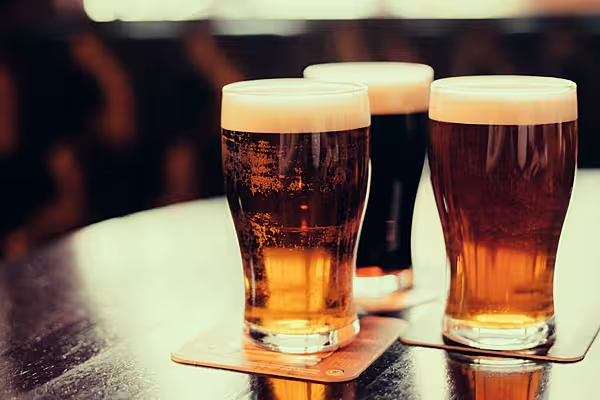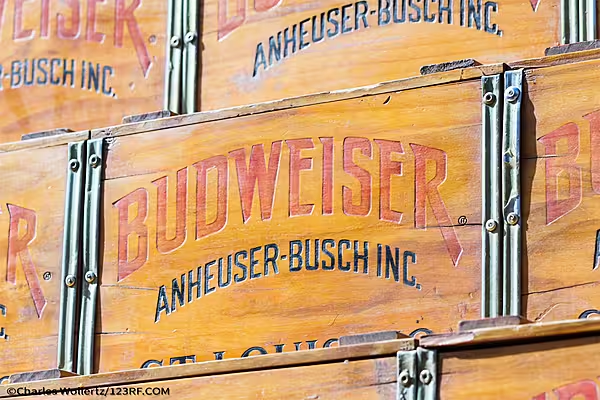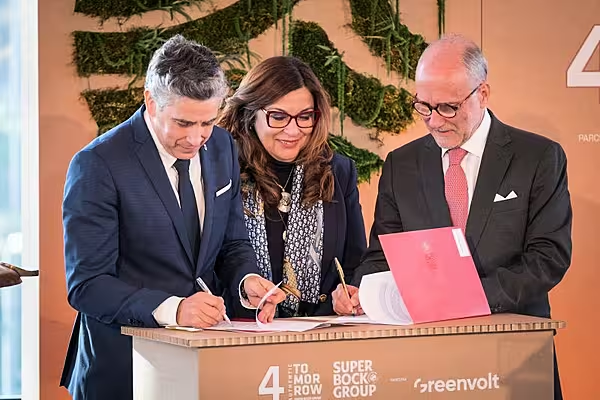German beer brewers, who pride themselves on using nothing but water, hops, malt and yeast to deliver a level of purity enshrined in a 500-year-old law, rejected a study that found traces of a weedkiller in all 14 beer brands put under the microscope.
Traces of the glyphosate herbicide are found "almost everywhere," including in organic products, the Association of German beer brewers said on Thursday in a statement on its website.
The group was responding to a study by the Munich Environmental Institute that discerned the crop-protection agent, which inhibits an enzyme essential to plant growth, in the beer specimens. The weedkiller doesn’t pose health risks, according to Germany’s Federal Institute for Risk Assessment. That’s contrary to the view of the World Health Organization, which says it may be carcinogenic.
The Munich institute, a non-governmental body, found the highest level of glyphosate concentration in Hasseroeder Pils, made by Anheuser-Busch inBev SA with 29.74 micrograms per litre (0.26 gallons), followed by 23.04 micrograms in Radeberger Gruppe AG’s Jever Pils. Anheuser Busch’s Franziskaner wheat beer had the lowest concentration at 0.49 micrograms.
"In absolute numbers, the level of glyphosate is low," the environment institute said. "But it does contribute to the overall levels of chemicals consumers are exposed to – hops, barley and malt can be produced without using it."
Beer is big business in Germany, famous for the 1516 purity law that guides beer-making. The nation consumed 87 million hectoliters in 2014, more than double the level in the UK, and tops European exports with 15 million hectolitres, according to Brussels-based The Brewers of Europe Association.
News by Bloomberg, edited by ESM. To subscribe to ESM: The European Supermarket Magazine, click here.











